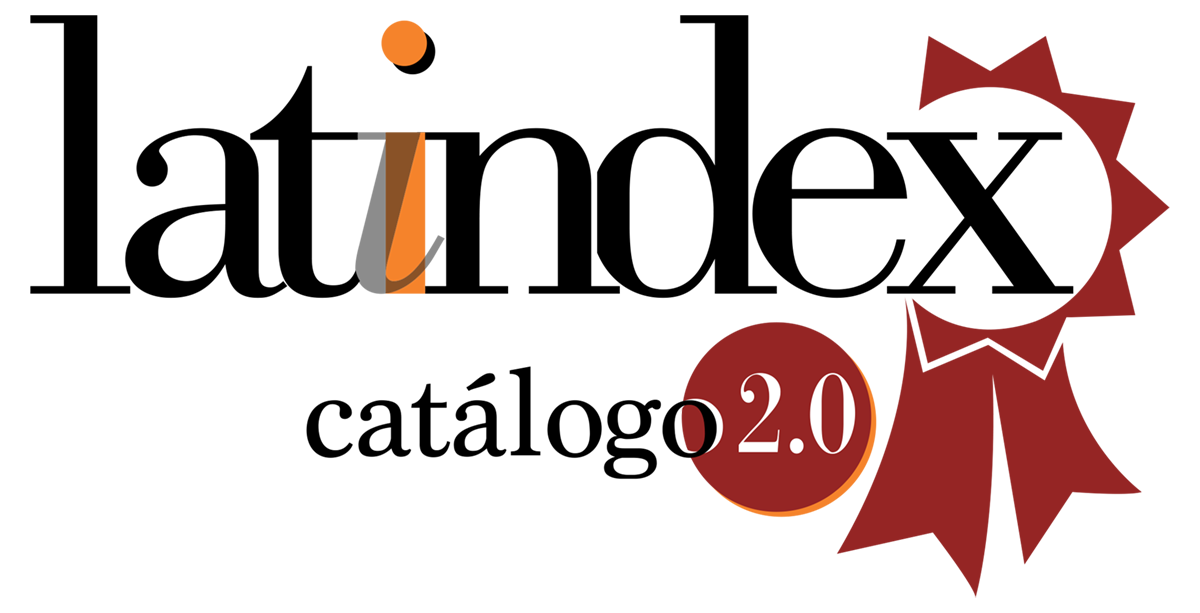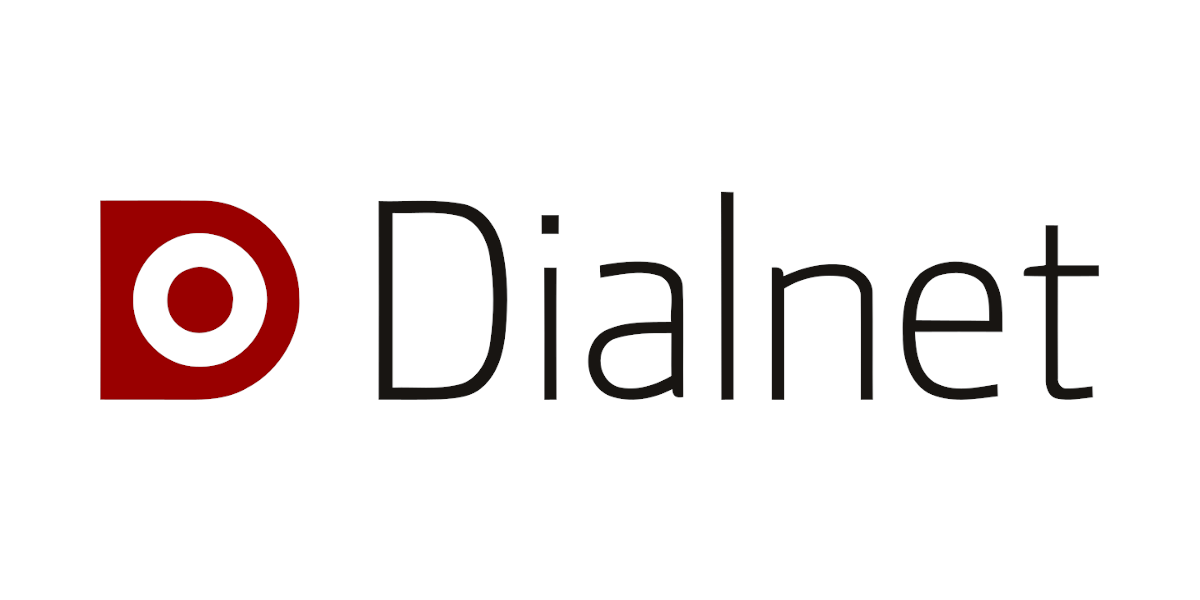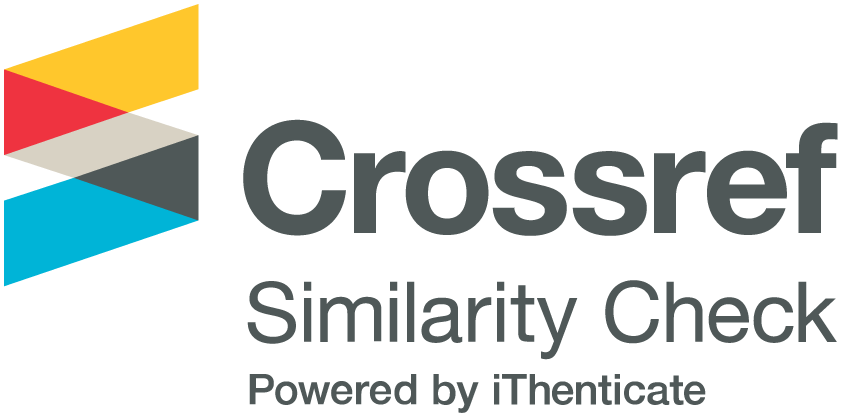Policy on malpractice and plagiarism detection
Strict compliance with each and every one of the points outlined in the previous section (Ethical Declaration of the publication) is an essential condition for the scientific communication process, which must be met by all parties involved: editors in charge, the Editorial Board, authors, and reviewers. Their compliance alone should be sufficient guarantee of the journal's good editorial practices.
Notwithstanding the above, the daily reality of academic and research life, with the recurring observation of undesirable facts and behaviors, requires the development and explicitation of a policy for the CENTRA Journal of Social Sciences regarding malpractice linked to scientific communication channels in general, and in scientific journals in particular.
In that sense, anyone may submit a comment, suggestion, complaint, or report, either about a text published in any of the sections or in any issue of the journal, or about any other aspect of the journal they deem appropriate.
To this end, the journal's website, specifically in the About menu, has a submenu labeled Mailbox, which contains the form for completing this option. To consider each of these initiatives, the individual in question will only need to provide their own email address. This will allow us to provide a written response to your request and, if deemed necessary, gather further information. It is not mandatory to provide any specific personal information about the person taking on this initiative.
The journal's technical team will communicate these requests to the editorial directors, who must forward them to the broader Editorial Board as quickly as necessary.
In addition to this process external to the journal and its editorial team, in accordance with the provisions of the Ethical Declaration of the Publication it is the obligation of the editorial managers, as well as the Editorial Board, to ensure ex officio the possible existence of any malpractice linked to the journal, as well as to develop an action to address it and allow restoring a situation in accordance with the Ethical Declaration of the publication, in accordance with what is indicated both in this section and in the following ones referring to Policy on errata, corrections and retractions, and Policy regarding the use of Artificial Intelligence.
Continuing with the guidelines on the Policy on malpractice and plagiarism detection linked to the different actors involved in the scientific communication process of the CENTRA Journal of Social Sciences, the following must be taken into account for each group:
Editorial Managers and Editorial Board
When it is considered that there is any type of malpractice by the editors in charge or by any member of the Editorial Board, which implies the non-compliance or violation of any of the precepts contemplated for these two groups in the Ethical Declaration of the journal, the affected person in question will not be able to manage the procedure that must be initiated ex officio, which will correspond to another editor in charge or member of the Editorial Board.
The case must be brought to a regular meeting, or an extraordinary meeting convened for that purpose, of the Editorial Board, which must hear the opinion of the affected party and the instructor of the case, although the affected party will be absent from the deliberation in which the Editorial Board issues a resolution on the case raised.
Such a decision may lead to the removal of the affected person from their position as a member of the Editorial Board, including from their position as editorial manager, when the severity of the malpractice so requires in the Editorial Board's judgment.
Regardless of the information received through the Mailbox available on the journal's website, it is the express obligation of the editorial managers in particular, and of the Editorial Board in general, to channel and formally process any issues related to malpractice in the form of conflicts of interest, dishonest practices in the texts received (such as fraud, plagiarism, authorship conflicts, repeated publication and duplicate publication) or any inaccuracy, error or problem present or arising in any text received by the journal, even when it has already been published in the journal.
Authors
The procedures outlined in the preceding paragraphs of this Policy on Malpractice will be followed in cases of typos, major corrections, and retractions of published texts. In the event of a retraction, this will mean that the author(s) of the text in question will not be able to publish again in the future, either in the journal or in the various book collections also promoted and sponsored by the Andalusian Studies Center Public Foundation (CENTRA).
During the evaluation process, the text may not be submitted, nor may it have been previously submitted, to another journal or publisher. If this claim of duplicate publication is known, the article will be withdrawn from the evaluation process, without forwarding any previously completed evaluations to the author. Any other text submitted in the future to the journal or to the various CENTRA book collections will be automatically rejected. If the text has already been published, a retraction process will be initiated as indicated in the previous paragraphs, and the author will also be barred from further possible contributions to the journal and the book collections.
In cases of authorship disputes, the Editor and Editorial Coordinator will mediate between the various authors of the text, in order to clarify the fair attribution of the same. If it is impossible to reach a consensus among the various claimants of co-authorship, and the justified claim of the aggrieved author is fully established, the text may be retracted from the journal with an express indication of the reason for its withdrawal.
When these malpractices concern received texts that are still in the evaluation or editorial production phase, decisions will be made unanimously by the editorial directors, but must be endorsed by the Editorial Board.
These instances of malpractice are quite distinct from the receipt of a new text by a different author that discusses, or even challenges, a text previously published in the journal. The CENTRA Journal of Social Sciences is not only open to new texts that critique arguments, data, and conclusions from previously published texts, provided they also pass the peer review process, but will also encourage a subsequent response from the author whose text is discussed or challenged with scientific arguments and evidence. These different texts may be grouped in a specific section, Replies and Counterreplies.
Authors should be aware that all texts will be reviewed using the iThenticate plagiarism detection software. Each text received for possible publication will be submitted to the aforementioned software before the evaluation process begins. Based on the report generated by the software, the editor, together with the other editorial managers and with information provided by the technical team, will decide in each case whether the manuscript will continue the evaluation process. If the process is not continued for this reason, the author will be informed of the results of the plagiarism detection report.
Reviewers
When the malpractice involves manifestly biased and self-serving evaluations, for or against a particular text, or when the evaluation lacks the minimum quality required for such a work, the editor, with the assistance of the other editorial directors, will quickly decide to annul the evaluation in question and subsequently inform the Editorial Board, which must endorse the decision. The editor will also inform the affected reviewer of this decision, expressly warning them that further conduct of this type will result in their exclusion from all future evaluation processes and, additionally, their inability to publish as an author in the journal.
When, through any of the established procedures, the editorial managers become aware that a reviewer has disseminated confidential information about the text they have reviewed, or has revealed their identity in order to obtain some kind of benefit from the author of the text or a third party, they will proceed to verify this fact with the reviewer in question. If, after this verification of information, the facts are confirmed, the reviewer will be excluded from all future review processes and, additionally, will not be able to publish as an author in the journal.









